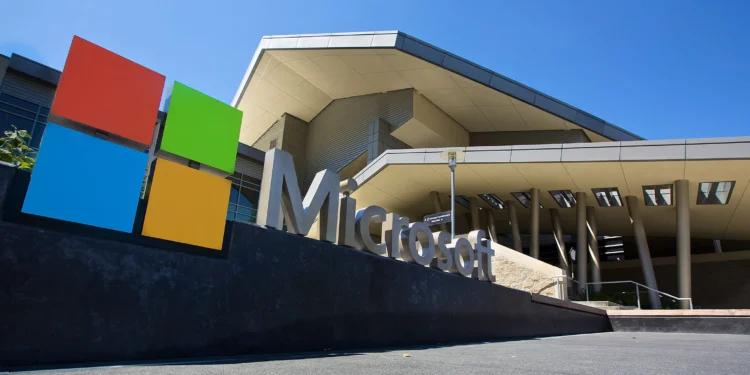Microsoft has resolved a lengthy European Union antitrust investigation by agreeing to offer stripped-down productivity software without its Teams communication platform, concluding a case that began with Slack’s 2019 complaint.
The European Commission announced Friday it accepted Microsoft’s commitments to provide unbundled versions of Microsoft 365 at reduced prices while improving data portability for customers switching to competing services.
The Redmond-based technology giant started offering Teams-free versions globally last year following regulatory pressure. Additional price reductions resulted from EU market testing, according to commission officials.
The settlement resolves complaints originally filed by Slack, which accused Microsoft of anticompetitive bundling practices when integrating Teams into its dominant Office productivity suite. A second company, Alfaview GmbH, filed similar complaints in 2024.
Since the investigation began, the competitive landscape has shifted dramatically. Salesforce acquired Slack, while Microsoft Teams expanded to approximately 300 million monthly users. Both companies have withdrawn their formal complaints under the settlement terms.
Microsoft’s commitments extend seven years for pricing and bundling practices, with interoperability and data portability measures lasting ten years. A monitoring trustee will oversee compliance, with potential fines reaching 10 percent of Microsoft’s worldwide revenue for violations.
The company must enhance interoperability with competing communication platforms, making it easier for enterprise customers to integrate third-party services with Microsoft’s productivity tools. These technical changes aim to reduce switching costs for organizations considering alternative communication solutions.
Microsoft will continue offering integrated Microsoft 365 packages including Teams alongside the new unbundled options, providing customers choice in how they purchase and deploy collaboration software.
The case reflects broader European regulatory efforts to address dominant technology companies’ bundling practices across multiple product categories. EU competition authorities have increasingly scrutinized how major platforms leverage market position in one area to gain advantages in adjacent markets.
The settlement avoids potentially more severe remedies the commission might have imposed following a full investigation, while establishing precedent for how software giants must structure product offerings in European markets.
Microsoft’s agreement comes as regulatory attention shifts toward artificial intelligence integration across productivity platforms, suggesting future competition battles may focus on AI capabilities rather than traditional bundling concerns.







